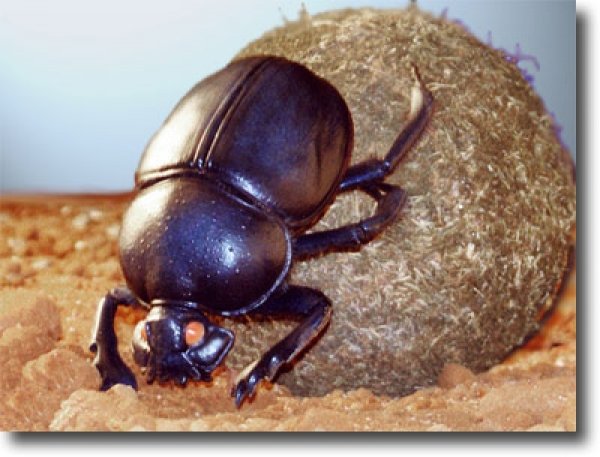The Good The Bad & The Ugly ~ Dung Beetles, Foxes, Neospora & Leptospirosis
Livestock producers across the New England North West are invited to a field day focussed on issues of importance. This day will look at the positive benefits of dung beetles, challenges presented by foxes and the emerging major issues they are causing cattle producers. The half day session is being held at Jim Benton’s “Weathervale” on Tuesday 30thOctober starting at 8.30am.
Dung beetle expert Dr Bernard Doube from South Australia will be the key speaker on dung beetles and will have a range of display materials on hand to show dung beetle tunnelling, the range of species currently in Australia and some exciting new species.
Dr Bernard Doube was a Principal Research Scientist with CSIRO for 29 years and has had extensive international research experience with dung beetles including 7 years in South Africa. Bernard is now Principal of Dung Beetle Solutions Australia (DBSA), which collaborates with water authorities, federal agencies (e.g. MLA), universities and other organisations to research the influence of dung beetles on water quality, grazing systems and carbon sequestration in southern Australia. DBSA is currently involved in the importation of dung beetles from Australia to New Zealand, a new program to bring additional species to Australia and a series of research projects across southern Australia.
In 2004, foxes were estimated to cost Australian agriculture and the environment more than $227 million. Foxes impact agriculture by spreading weeds such as blackberry, they eat Dung Beetles and spread numerous parasites and diseases. However, the most recognized impact foxes have on agriculture is predation on farm livestock , including lambs, calves, poultry, water fowl and goats.
In recent years Neospora caninumhas been identified as a cause of abortion in cattle. Neospora caninum is now considered a major cause of bovine abortion throughout the world. Currently abortion due to Neospora has been shown in cattle, sheep and dogs. Dogs and other canids (such as foxes) are the definitive host. That is they are the animals in which the parasite becomes sexually mature and reproduces. Foxes are also susceptible to Weil’s disease (Leptospirosis) which is a potentially life threatening condition and can be passed on to domestic pets and humans via contact with their urine.
Livestock Health & Pest Authority District (Vet, Andrew Biddle) will answer many questions about the apparent impact of foxes on cattle health.
The day is hosted by GLENRAC and funded through an Australian Government Community Action Grant. For more information about the field day please contact GLENRAC on 02 6732 3443.
